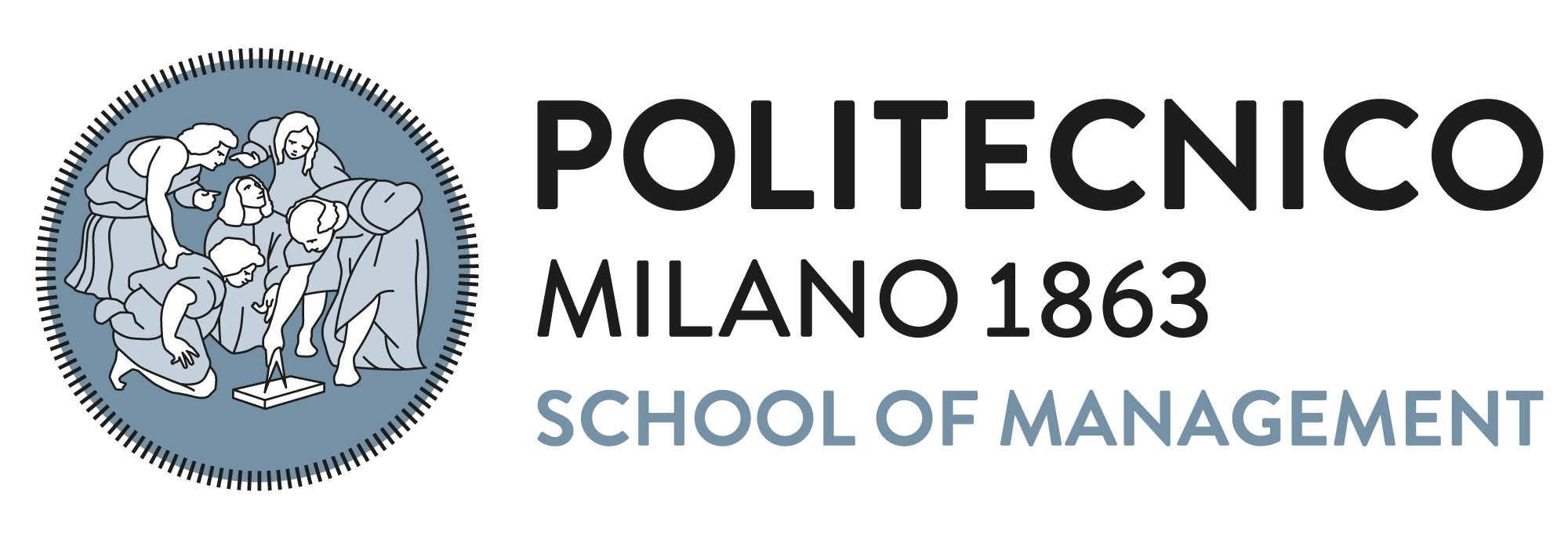The research focuses on the antecedents and economic impact of student entrepreneurship, i.e. new firm creation by university students and recent graduates, and academic entrepreneurship, i.e. new firm creation by university faculty members. In particular, the research studies the extent and evolution of these phenomena, the effects of university characteristics on entrepreneurial entry of students and faculty members, the unique resources and capabilities of students’ ventures and academic start-ups and spinoffs and their effects on innovation and growth performances. Results of this research have been published in prominent innovation journals and in journals devoted to entrepreneurship and technology transfer. They have influenced policy-making activity at national level.
With the progressive development of distributed models of innovation, universities have become key actors in generating knowledge that may foster the exploitation of entrepreneurial opportunities. Academic personnel and university students play a kay role in this process. This research has explored the peculiarities of the ventures launched by faculty members, the processes of new venture creation by faculty members and the roles of universities and technology transfer offices in these processes, and the effects of university characteristics on the development of academic entrepreneurial initiatives. It has also investigated the signalling effect of affiliation with prominent universities on the IPO valuation of start-ups, and the relation of this signal of scientific quality with other market-related signals (like backing by prominent venture capital investors and underwriters). More recently, this research has started considering venture creation by university students and recent graduates. Students are in an ideal position to exploit the knowledge generated within universities to create new ventures that may reduce youth unemployment and boost economic growth.
To reinforce research capabilities in this area and enlarge research impact we are developing an Observatory on student entrepreneurship in Italy, in collaboration with CERVED and 4 partner universities. The Observatory will examine the creation of new firms by the population of students graduated from the partner universities since the beginning of the 2000s, and their economic impact.
Results of this research have been published in prominent innovation journals and in journals devoted to entrepreneurship and technology transfer. They have also influenced policy-making activity at national level.
Key research questions:
What are the peculiar resources and capabilities of academic start-ups and how they influence these firms’ strategies and performance? What are the key differences in the strategic behaviour between academic and non-academic start-ups? What is the performance effect of these differences? Under what boundary conditions university affiliation results in superior growth?
What are the key benefits of university affiliation and how are they perceived by investors? What is the signalling role of the prestige of the university? Is the signalling effect of university affiliation additive to that of market-related signals (associated e.g. with backing from venture capitalists)?
What is the economic impact of incubators? How incubated start-ups differ from non-incubated ones? What are the peculiar advantages of incubation?
What are student entrepreneurs’ characteristics and what is their influence on the performance of these new ventures? To what extent do university exposure and training influence the decision to start a new venture? How do student ventures emerge? What is the impact of individual, team, and contextual factors on student ventures’ growth?

